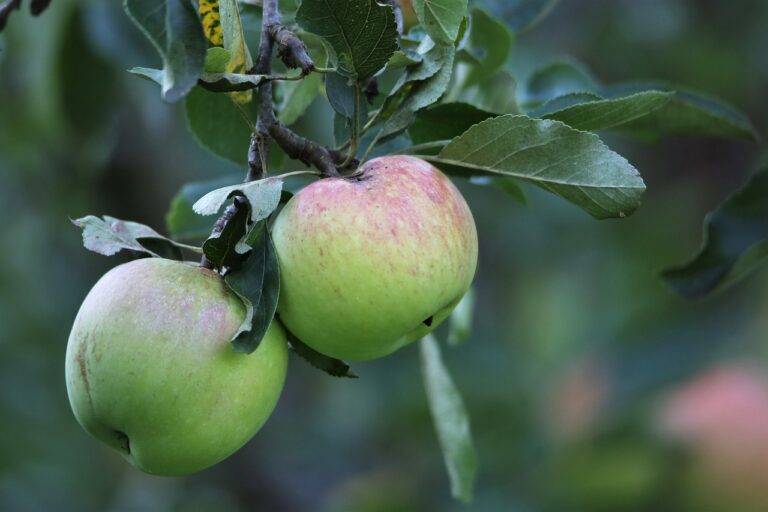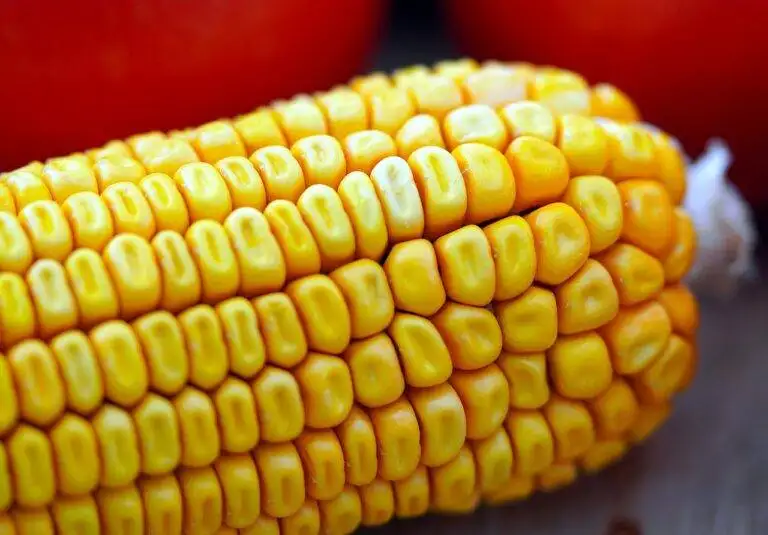The Role of Food in Social and Political Movements
In recent years, food has played an increasingly significant role in social and political movements around the world. From food justice to food sovereignty, the ways in which we produce, distribute, and consume food have become central components of efforts to address inequality, promote sustainability, and challenge the status quo. This article explores the diverse ways in which food intersects with social and political movements, highlighting the power of food to shape our world.
Food as a Tool for Social Change
Food has long been recognized as a powerful tool for social change. Whether through community gardens, farmers markets, or food cooperatives, people have used food to build solidarity, promote self-reliance, and challenge dominant systems of power. By reclaiming control over the production and distribution of food, individuals and communities can resist the influence of multinational corporations, support local economies, and foster a sense of community ownership and empowerment.
Food Sovereignty and Indigenous Rights
One key aspect of the food justice movement is the concept of food sovereignty, which emphasizes the right of communities to control their own food systems. For Indigenous peoples around the world, food sovereignty is closely tied to struggles for land rights, self-determination, and cultural survival. By reclaiming traditional foodways, protecting ancestral territories, and challenging colonial and capitalist systems of exploitation, Indigenous communities are asserting their right to food sovereignty and autonomy.
Farmworkers and Labor Rights
Another important dimension of the food justice movement is the fight for fair labor practices and dignified working conditions for farmworkers. From the fields of California to the plantations of Brazil, farmworkers face exploitation, discrimination, and abuse on a daily basis. By organizing unions, advocating for policy change, and raising awareness about the realities of agricultural labor, activists are striving to ensure that those who grow and harvest our food are treated with respect and dignity.
Food Security and Climate Justice
Food security is increasingly recognized as a global issue, with millions of people around the world facing hunger, malnutrition, and food insecurity. At the same time, the ways in which we produce and consume food are major contributors to climate change, deforestation, and environmental degradation. By promoting sustainable agriculture, reducing food waste, and supporting small-scale farmers and fisherfolk, activists are working to create a more just and resilient food system that can feed the world without destroying the planet.
Food Politics and Corporate Power
At the heart of many social and political movements around food is the recognition of the ways in which corporate power shapes our food system. From seed patents and GMOs to fast food chains and supermarket monopolies, corporations wield immense influence over what we eat, how it is produced, and who has access to it. By challenging corporate control over our food system, activists are demanding greater transparency, accountability, and democratic participation in decisions that affect our food and our health.
Culinary Activism and Food as Resistance
One of the most creative and engaging forms of food activism is culinary activism, which uses the power of food to raise awareness, provoke thought, and inspire action. Whether through pop-up restaurants, food festivals, or cooking classes, culinary activists are harnessing the sensory and emotional appeal of food to engage people in conversations about social justice, sustainability, and human rights. By making the connections between food and broader social and political issues, culinary activists are challenging us to think more critically about the choices we make as eaters and citizens.
Conclusion: A Call to Action
Food is not just something we consume; it is a powerful force for change. By recognizing the ways in which food intersects with social and political movements, we can begin to harness its transformative potential to create a more just, sustainable, and equitable world. Whether through supporting local farmers, advocating for fair labor practices, or fighting for food sovereignty, each of us has a role to play in shaping the future of our food system. Let us rise to the challenge and work together to build a food system that nourishes not just our bodies, but our communities, our planet, and our future.
FAQs
What is food justice?
Food justice is a movement that seeks to address issues of inequality, exploitation, and oppression within the food system. It focuses on promoting access to healthy, affordable food for all people, especially those who are marginalized or underserved.
What is food sovereignty?
Food sovereignty is the right of communities to control their own food systems, including the production, distribution, and consumption of food. It emphasizes the importance of local self-reliance, cultural diversity, and environmental sustainability in shaping food systems.
How can I get involved in food activism?
There are many ways to get involved in food activism, from supporting local farmers and food co-ops to advocating for policy change and participating in community gardens. By educating yourself about food issues, connecting with local organizations, and engaging in activism that aligns with your values and interests, you can make a meaningful contribution to the food justice movement.







